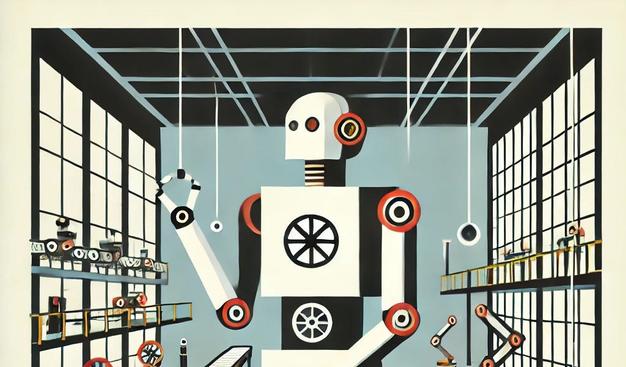"So, if APIs can sometimes fail during a workflow, how can they also be the key to improving the agentic decision-making ability? To begin with, APIs let agentic workflows tap into live data streams rather than relying on static inputs. This means AI agents can make informed decisions based on what’s happening at the moment instead of reacting to outdated information. Then, APIs are what enable agentic workflows to identify what services they need to connect to. Discovery APIs can inform agentic workflows of available APIs for specific tasks. Finally, individual tasks need APIs to be executed. Altogether, I'd say that without APIs you wouldn't be able to extract value from agentic workflows.
Here's an example of what an agentic workflow can look like. Consider the work of an academic researcher and how an agentic workflow could help. Instead of manually sifting through articles, an AI researcher can autonomously search for relevant information using the Google Scholar API—which, by the way, only exists via SerpApi, not officially. Once it gathers a set of sources, it processes and summarizes the findings using GPT models, extracting key insights from each document. These insights are then organized and stored in a structured format using something like the Notion API. Finally, the AI researcher sends a daily digest via Slack API. The whole workflow works autonomously and can switch to other APIs if needed."
https://apichangelog.substack.com/p/are-ai-agentic-workflows-the-future-of-automation
#AI #GenerativeAI #AIAgents #APIs #AgenticWorkflow #Automation

